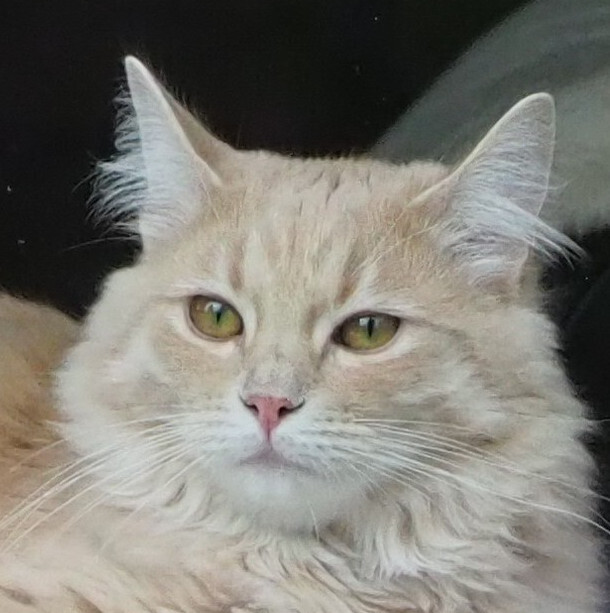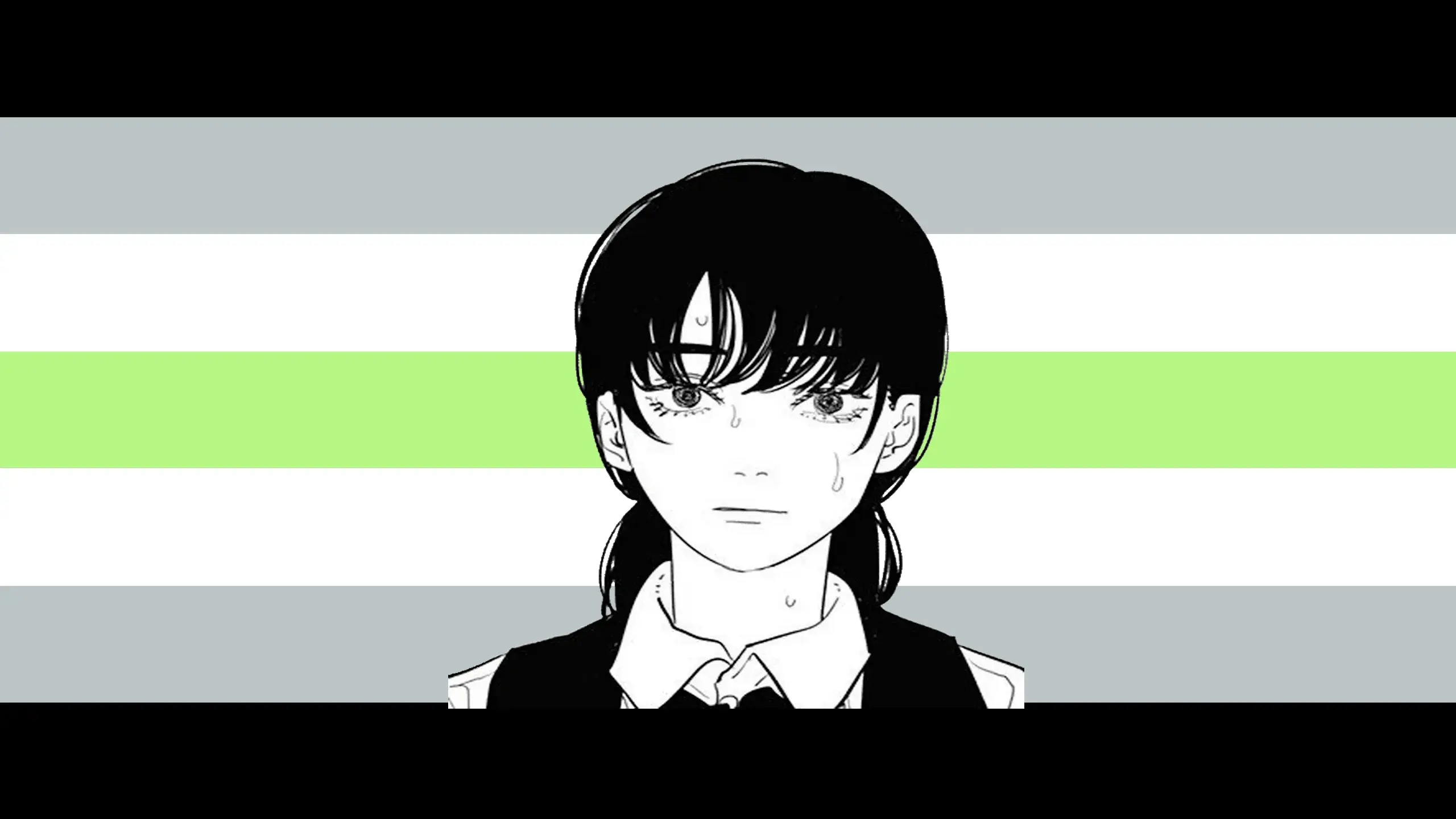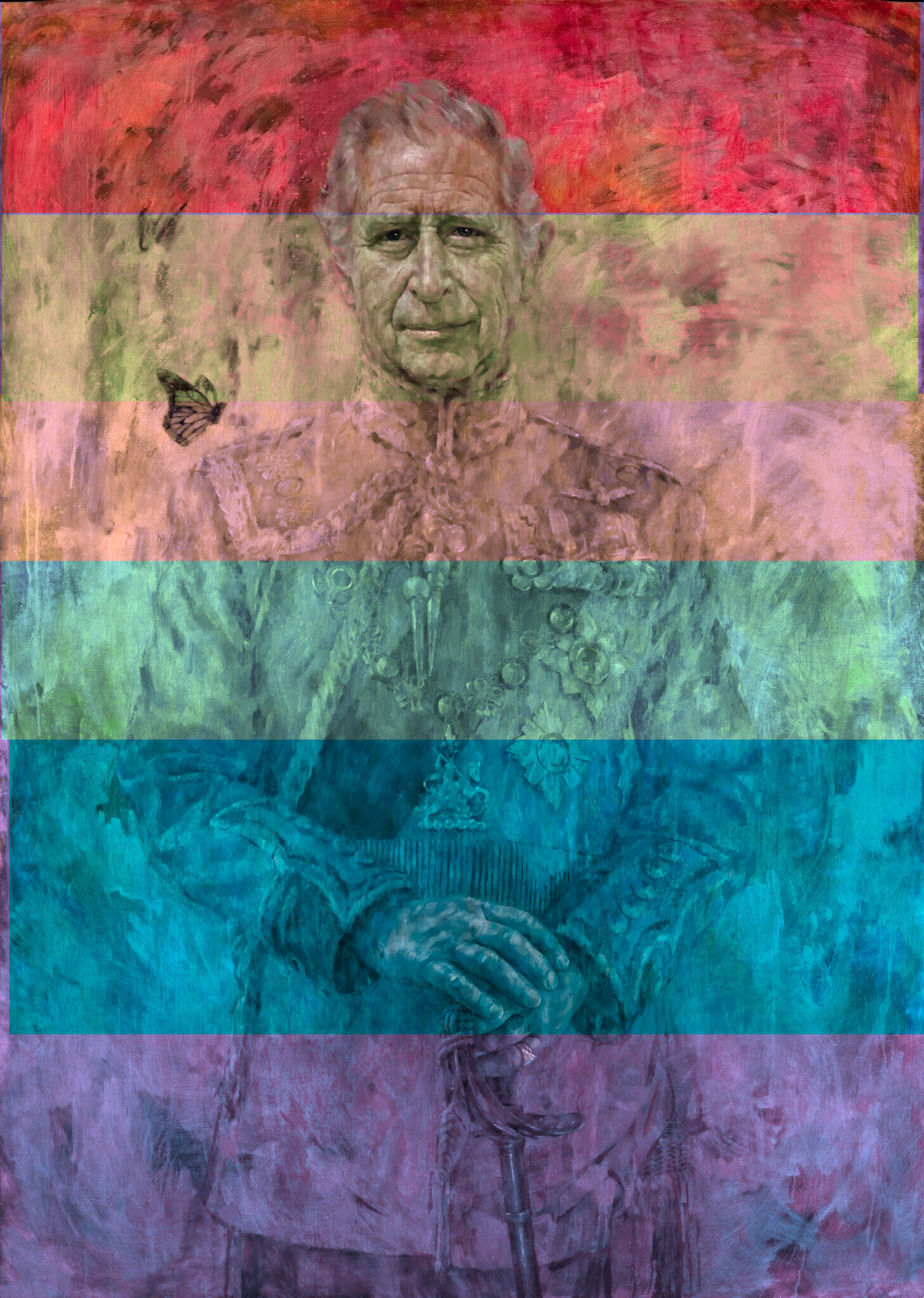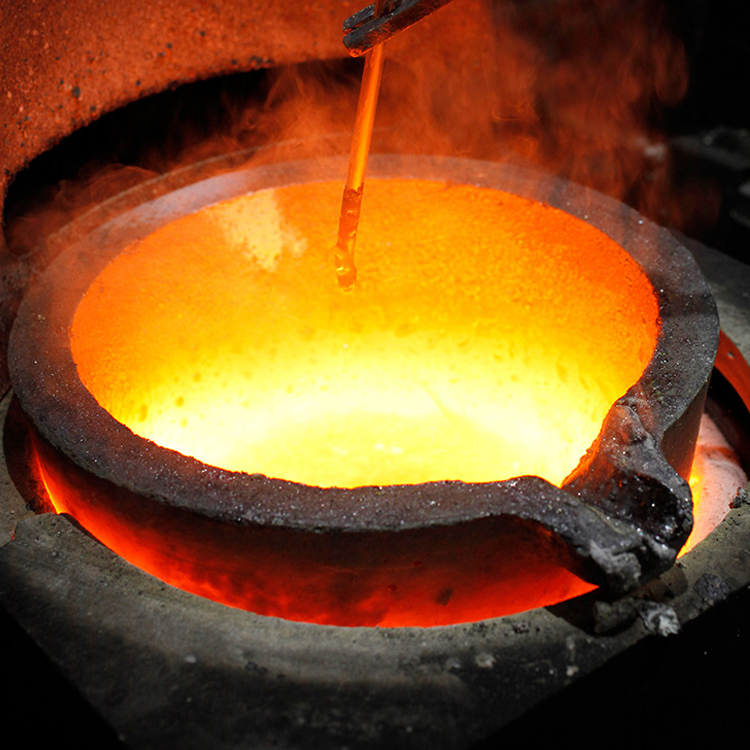No, Game of Thrones didn’t take place in Medieval times lmao. Dragons and wizards didn’t exist in ye olde England.
It would be funny if people did this with more recent time periods and fiction. Like people genuinely thinking that victorian times had giant steampunk spider robots.
I will say it is a little concerning how often I hear people say shit unchallenged like “It takes place in the old days” about something that is a fantasy world that never actually existed. Makes me worried people can’t tell fantasy from reality.
Edit: This petty rant is because I was talking about GoT with a friend and told them that the constant sexual assault put me off watching it and they were like “Yeah, but that’s what it was like back then.”
My pet peeve is when a fantasy setting is based firmly on European medieval society, but operates in an early modern capitalist economy, instead of feudalism. This is most fantasy
Right? Where are the serfs!?
Writing theory

 27·9 months ago
27·9 months agoIt is easier to imagine [an entirely different world with magic and dragons and shit], than it is to imagine the end of capitalism.
This still could be feudal in its decline which saw the emergence of market economies, but generally I agree. I’ve soften on that opinion as I learned more about the social and economic development of merchant lead reorganization.
Peasants have to annually pay their feudal lord one (1) gold coin that they were somehow able to procure despite living miles away from the nearest city in the middle of a village nobody from that nearest city knows exist.
and all the anachronistic plate armor too! as a setting, “medieval times” is fantasy even without the magic
deleted by creator
And they all have English accents
They’re obviously saying Medieval Times, the franchised dinner theatre production.
Of course!
I used to be a bit of a medieval history nerd and my friend got annoyed with how many “medieval facts” I liked to blurt out in simple conversation. So I ended up proposing a TV show called “In Medieval Times” where I would be dressed as a king eating a big ass chunk of mutton and he’d be dressed as a Jester and just angry and depressed all the time.
Lmao I love it
I’d watch the hell out of that
there used to be dragons in olden times though. like the Welsh flag is about this dragon that used to defend the kingdom.
his name was Mike and he got killed in a car accident in the 1970’s, marking the transition to modernity.
My dad convinced his current girlfriend that there used to be dragon spiders that could fly and spit flaming venom.
Dudes Rock
That and they believe people were walking around trading DnD gold for stuff like it’s a fantasy RPG
Generally people have no idea how the modern economy works let alone a medieval one
Didn’t the value of coinage used to be held in the metal itself, not trust? I thought that coins used to be semiprecious metals and occasionally precious metals.
deleted by creator
Do you have any book recs about the rise of financing by way of the Sforzas?
deleted by creator
We find evidence of lots of tokens being traded around, as well as ledgers keeping track of debt. Barter societies seem to be somewhat mythical, but so does extensive use of currency.
It seems more common that people just kept track of stuff owed or stores issued chits indicating credit. There’s some evidence of some of these chits being used very far from the store that issued them which is pretty cool.
Yep, it’s even in the Constitution:
No State shall enter into any Treaty, Alliance, or Confederation; grant Letters of Marque and Reprisal; coin Money; emit Bills of Credit; make any Thing but gold and silver Coin a Tender in Payment of Debts; pass any Bill of Attainder, ex post facto Law, or Law impairing the Obligation of Contracts, or grant any Title of Nobility.
The issue isn’t really with the dragons and wizards and steampunk mechs, though, so much as that the whole world of the work is fictional. Like if someone were to say that The Hitchhiker’s Guide to the Galaxy takes place in or about the late 1970s, I wouldn’t see much of a point in disputing it even though the Earth is decidedly not a computer built by mice to calculate the ultimate question to which the answer is 42.
Obviously not, that would be ludicrous. It was COMMISSIONED by mice.
Oh yeah, sorry, of course.
Game of Thrones’s politics was at least based around the War of Roses.
But funnily enough I was thinking this morning of how much “Medievel” stuff is just a hodgepodge. I didn’t realize how inaccurate a lot of that stuff was till middle school or so.
My pet peevee with fantasy is that it seems to be built on the European medieval world. I’d love to see something taking place in an Indian or Islamic or Aztec or whatever setting.
You might dig The Lions of Al-Rassan. Set in a fictionalized Andalusia during an Islamic ascendency
Amazing book. If wistful bittersweet was condensed into ink on pages it would be this.
I’ve never seen someone do the reconquista from a tragic point of view before.
You could try Mo Dao Zu Shi for a Chinese flavored feudal fantasy settings. It’s good and also pretty gay.
Can only recommend guy gavriel Kay so much but under heaven is pseudo warring states, sailing to sarantium is eastern Roman empire (yes Europe but eastern! and cool).
It’s easier to say that it takes place in medieval times than saying “it takes place in a fantasy setting inspired by medieval Europe.”
I’m going to start a new conspiracy theory that says wizards used to be real and all over the place until Christians managed to eradicate all witchcraft during the Dark Ages.

Change Christianity for capitalism and patriarchy and you have the non-fiction book ‘caliban and the witch’
“Yeah, but that’s what it was like back then.”
There’s so many things like this where the pop culture expectation is completely wrong but it’s self-reinforcing so even movie directors who know better have to go along with it. Give me a movie about gladiators where most of the fights are like WWE matches and the stars all do advertisement spots for money, dammit!
Gladiators with product stickers engraved upon their armor like roman NASCAR
But it’s also chariot Mario Kart
One of the Asterix comics has a bit where Julius Ceaser is annoyed at having so many commercial breaks between the shows.
And then on top of that it’s usually more a pastiche riffing on the early modern period anyways.
“It takes place in the old days” about something that is a fantasy world that never actually existed
people yearning for the return of a mythical golden age you say
And why does every goddamn fantasy story have to take place in these pseudo-medieval times anyway? Because Tolkein had a hard-on for feudalism? Why not have a fantasy world set in like, an ancient bronze age/chacolithic sort of society? Where “civilisation” is only a few centuries old and magic itself is a kind of new thing as well? Or one where the technology has developed based on the fantasy elements? Don’t need crop rotation when you can have druids replenish the soil, or proper coking furnaces when you have fire mages who can make extreme heat with a spell. Damn. Now I’m getting into the “magic as labour” thing again.
There are a near infinite number of manga and anime that approach this topic / setting differently.
Black Clover is what you’re describing almost to a T. Its premise is “magic is so commonplace and everyone can do it that it’s strange that the protagonist is one of the few who can’t do it”.
I quit this show after a few episodes though. I like shonen well enough but the near constant screaming was just not my bag of what I was trying to watch at the time. I’ve heard it tones down on that and gets better in the later seasons though.
I know there’s good stuff out there, but it’s more fun to complain about how a very large number of low quality anime/manga just take the same generic “fantasy europe but also like a video game” sort of setting.
Clan of the cave bear is Neanderthals. Good shit.




















